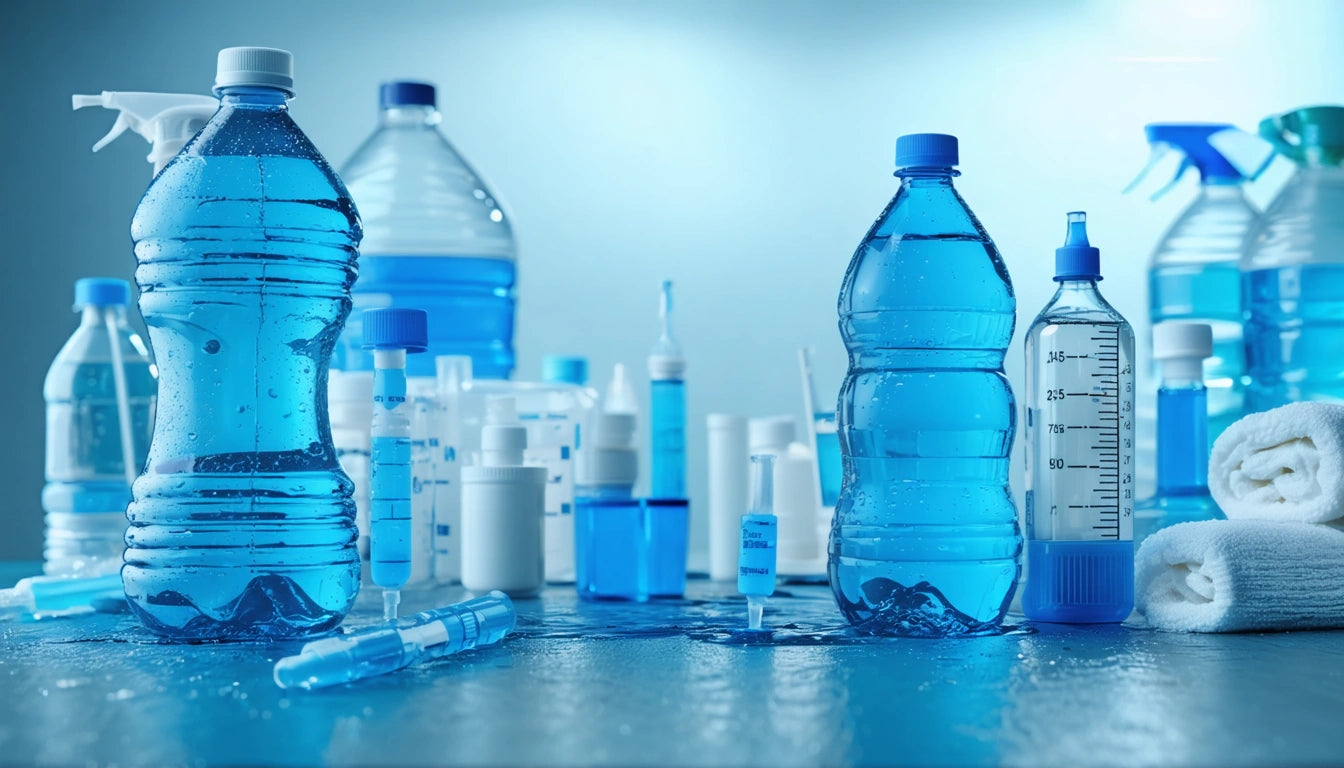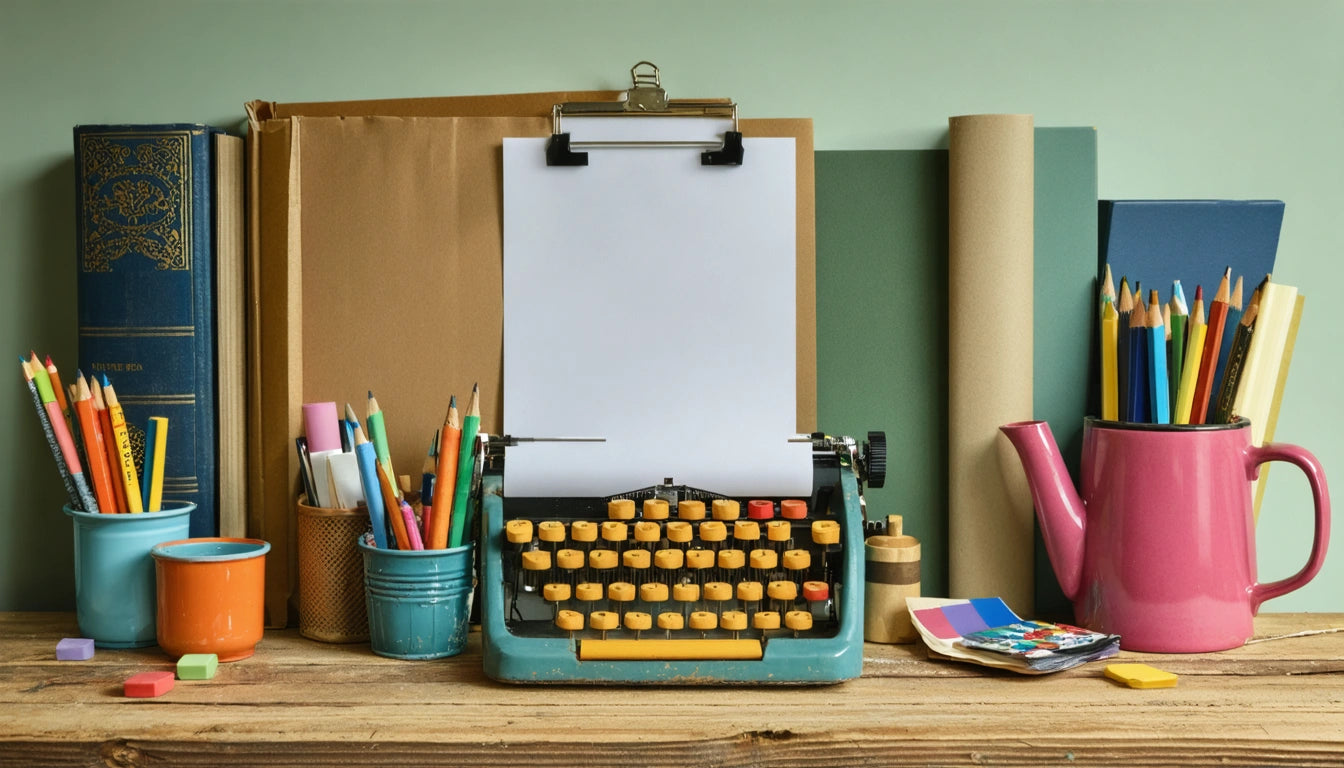Guidelines for Drinking Water Before Urine and Blood Tests
Medical tests provide crucial information about your health status, but their accuracy depends significantly on proper preparation. One common question patients have concerns hydration: can I drink water before a urine test or can u drink water before a blood test? Understanding the correct approach to water consumption before these tests ensures reliable results and prevents unnecessary retesting.
Importance of Hydration Before Medical Tests
Proper hydration plays a vital role in both urine and blood testing procedures. For urine tests, adequate hydration ensures sufficient sample volume, while for blood tests, it can make veins more visible and facilitate easier blood drawing. However, the timing and amount of water consumption differ between test types.
Medical professionals recommend maintaining normal hydration levels before most tests, but specific guidelines may vary depending on the test purpose and what's being measured. Consulting with your healthcare provider about preparation instructions is always advisable.
Drinking Water Before Urine Tests
The question "can I drink water before a urine test" is common among patients. The answer is generally yes, but with important qualifications. Water consumption affects urine concentration, which can impact test results, particularly for drug screenings or tests measuring specific biomarkers.
Optimal Timing for Water Consumption
How long before a urine test should I drink water? Ideally, maintain normal hydration in the 24 hours leading up to your test. Drink water as you normally would throughout the day. Hydration recommendations suggest avoiding excessive water consumption immediately before the test, as this can dilute your urine sample.
For morning tests, it's generally acceptable to drink a moderate amount of water upon waking. If your test is scheduled later in the day, continue normal water intake until about 2-3 hours before the test, then moderate your consumption.
How Much Water is Appropriate
Excessive water intake can dilute urine samples, potentially affecting test accuracy. Research on water consumption indicates that drinking more than 1-2 liters in the hours immediately preceding a urine test may lead to sample dilution.
For standard medical urine tests, maintaining normal hydration is sufficient. This typically means drinking water when thirsty and ensuring your urine is pale yellow rather than completely clear or dark yellow.
Water Consumption Before Blood Tests
The query "can u drink water before a blood test" has a more straightforward answer. For most blood tests, drinking water is not only permitted but encouraged. Proper hydration makes veins more prominent and can facilitate an easier blood draw experience.
Water Intake Guidelines for Blood Work
For standard blood work, healthcare providers typically recommend the following regarding how much water to drink before a blood test:
- Stay well-hydrated in the 24 hours before your test
- Drink 16-24 ounces (about 2-3 cups) of water in the two hours before your appointment
- Avoid excessive amounts that might make you uncomfortable
Water consumption is particularly important if you're required to fast before your blood test. While food is restricted, water helps maintain hydration and makes the blood drawing process more comfortable. When preparing for specialized blood tests, always follow your healthcare provider's specific instructions.
Hydration Effects on Blood Test Results
Proper hydration before blood tests is essential for accurate results. Dehydration can concentrate blood components, potentially leading to misleading readings for certain markers. Conversely, excessive hydration may dilute blood components.
For tests measuring electrolytes, kidney function, or certain hormones, your hydration status can significantly impact results. Maintaining consistent, moderate hydration in the days leading up to your test helps ensure the most accurate representation of your health status.
Potential Risks of Improper Hydration
Both inadequate and excessive water intake before medical tests can pose problems:
- Dehydration can make blood drawing difficult and concentrate urine samples
- Overhydration can dilute samples, potentially masking certain conditions
- Extreme water consumption can, in rare cases, lead to water intoxication
For accurate measurements, we recommend using precision measuring tools to track your fluid intake if you're concerned about maintaining proper hydration levels before important medical tests.
The night before a blood test, can I drink water? Yes, drinking water the night before is generally encouraged, unless you've received specific instructions to the contrary. Staying hydrated helps ensure your test proceeds smoothly the next day.
Practical Recommendations for Test Preparation
To ensure the most accurate test results while maintaining comfort, consider these practical guidelines:
- Follow any specific instructions provided by your healthcare provider
- Maintain normal hydration in the days leading up to your test
- For urine tests, avoid excessive water consumption 2-3 hours before
- For blood tests, drink 2-3 cups of water in the hours before your appointment
- Consider dietary factors that might also affect test results
- Inform your healthcare provider about any medications or supplements you're taking
Remember that while general guidelines exist, your healthcare provider may have specific instructions based on your individual health situation and the particular tests being performed. Always prioritize their guidance over general recommendations.
By understanding the appropriate approach to hydration before medical tests, you can help ensure accurate results while making the testing process as comfortable as possible. Proper preparation contributes to reliable health assessments and more effective treatment planning based on those results.











Leave a comment
All comments are moderated before being published.
This site is protected by hCaptcha and the hCaptcha Privacy Policy and Terms of Service apply.